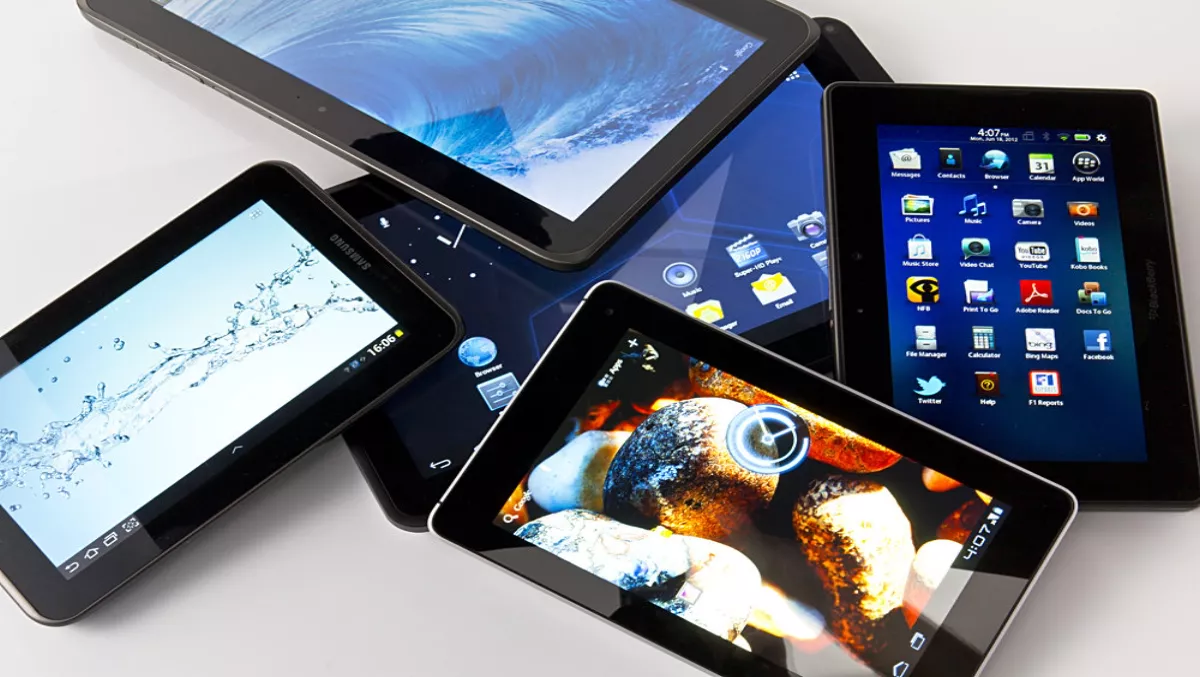
The total tablet market, inclusive of both tablets and 2-in-1 devices, is forecast to grow 19.4% in 2014, down from a growth rate of 51.6% in 2013.
As a result, IDC reduced the 2014 forecast by -3.6% from its previous projection to 260.9 million units worldwide.
According to the global analyst firm, the reduction in the short-term forecast was due to slowing consumer purchases as hardware iterations slow and the installed base—particularly in mature markets—continues to grow.
Over the course of the past two years average selling prices (ASPs) have declined rapidly in the tablet market, but this too appears to be slowing.
In 2012, ASPs declined -18.3% from the previous year, and in 2013 prices dropped another -14.6%. Price erosion has started to slowly bottom out, with ASPs forecast to drop a modest -3.6% in 2014.
IDC believes ASP declines will slow for several reasons; chief among them are the growth of higher-priced commercial shipments and a consumer movement away from ultra-low cost products.
"After years of strong growth, we expect the white-box tablet market to slow in 2014 as consumers move to higher-end devices that work better and last longer," says IDC's Tom Mainelli, Program Vice President, Devices & Displays.
"In mature markets, where many buyers have purchased higher-end products from market leaders, consumers are deciding that their current tablets are good enough for the way they use them.
"Few are feeling compelled to upgrade the same way they did in years past, and that's having an impact on growth rates."
As consumer shipments slow in many markets, commercial shipments will grow as a percentage of the overall mix.
Much of the tablet growth in commercial to date has been in verticals such as education, but going forward IDC expects tablets to continue to infiltrate small, medium, and large businesses around the world. This commercial growth is likely to benefit Microsoft's Windows over time.
"The choice of operating system will be a key differentiating factor when it comes to success in the commercial segment," adds Jitesh Ubrani, Research Analyst, Worldwide Tablet Tracker.
"Though Android and iOS will remain dominant, we expect Windows-based devices to capture more than a quarter of the market as its benefits become apparent thanks to growing adoption of 2-in1s."